Manage my passport? What's to manage, you may be thinking. Well, nowadays there are lots of…
New TSA Regs… And When is Your Next Trip?
If you’re like me, you’ve got a serious case of the wanderlust blues. And, if you’re like me, you’re already researching, planning or booking your next trip. How do you match up with other Americans when it comes to travel plans?
Well, according to research done for the American Hotel & Lodging Association (AHLA) between June 16 and 19, 44% of Americans are planning overnight vacation or leisure travel this year.
The top interest is in family events, long weekends and road trips. Of these hopeful travelers, 68% said they are likely to stay in a hotel. Most will take their first overnight trip this summer (59%) and even more (72%) will vacation by car over the next five months.
So, where are these travelers staying? 43% plan on staying with family/friends and 39% will stay in a hotel, while 9% will use rentals such as those offered by Airbnb or VRBO and 5% will overnight in a camper or RV. Long weekend trips seem to be the favored option with 78% planning trips of four days or less.
And why are they traveling? 55% are traveling for a family event (wedding, birthday, family reunion or anniversary); 50% plan to travel for Christmas; 43% for Thanksgiving and 30% for Labor Day.
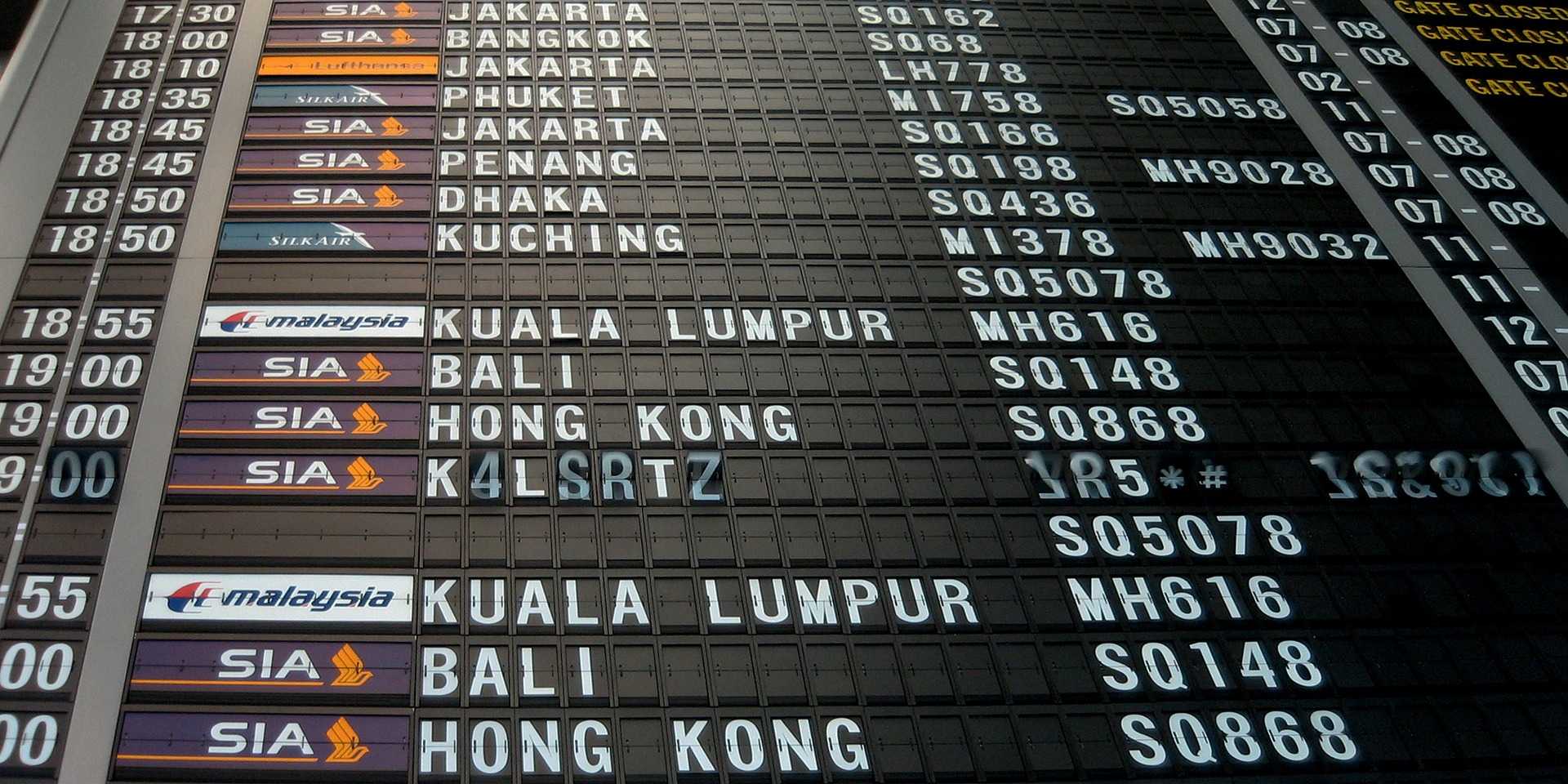
What about flying in 2020? According to an online survey of just over 1,000 Americans reported in a June 8 Travel Agent Central article, Americans are split into almost equal thirds with 32% saying they will “definitely” fly this year, 35% saying “maybe,” and 34% saying “definitely not.”
Not surprisingly, the younger generations are more inclined to “definitely” fly this year with 39% of Millennials ready to jump back on a plane, Gen Z followed with 36% and Gen X with 33%. On the other end of the spectrum, only 16% of Baby Boomers are ready to fly this year while only 6% of the Silent Generation are ready to board a plane.
The reasons for those “definitely” flying? 37% said they are satisfied with the measures taken by airlines to prevent coronavirus spread, 33% said they already had a trip booked that they could not get refunded, and 19% said they were flying because they just aren’t too concerned about the coronavirus.
This latter reason seems to correlate with the younger generations’ attitude towards flying in general. Finally, 5% said they are flying to spend airline points or miles. Really? That seems pretty lame to me since all you need to do to keep your miles is have activity on your account, which is easily done by buying a few miles, using your affinity credit card or making a purchase on the airlines’ shopping portal.
Among the 35% that said they might fly in 2020, their primary criteria were related to the coronavirus. 54% said that COVID-19 cases need to decline significantly to lure them back, 42% want to hear health experts specifically state that flying is safe, 38% want to see that airlines are increasing social distancing policies, 38% said airlines must enforce mask-wearing rules and 37% said they needed a “compelling reason to travel.”
Worry over getting the coronavirus (46%) and not having a reason to fly (41%) were the top responses for those stating they definitely won’t fly in 2020.
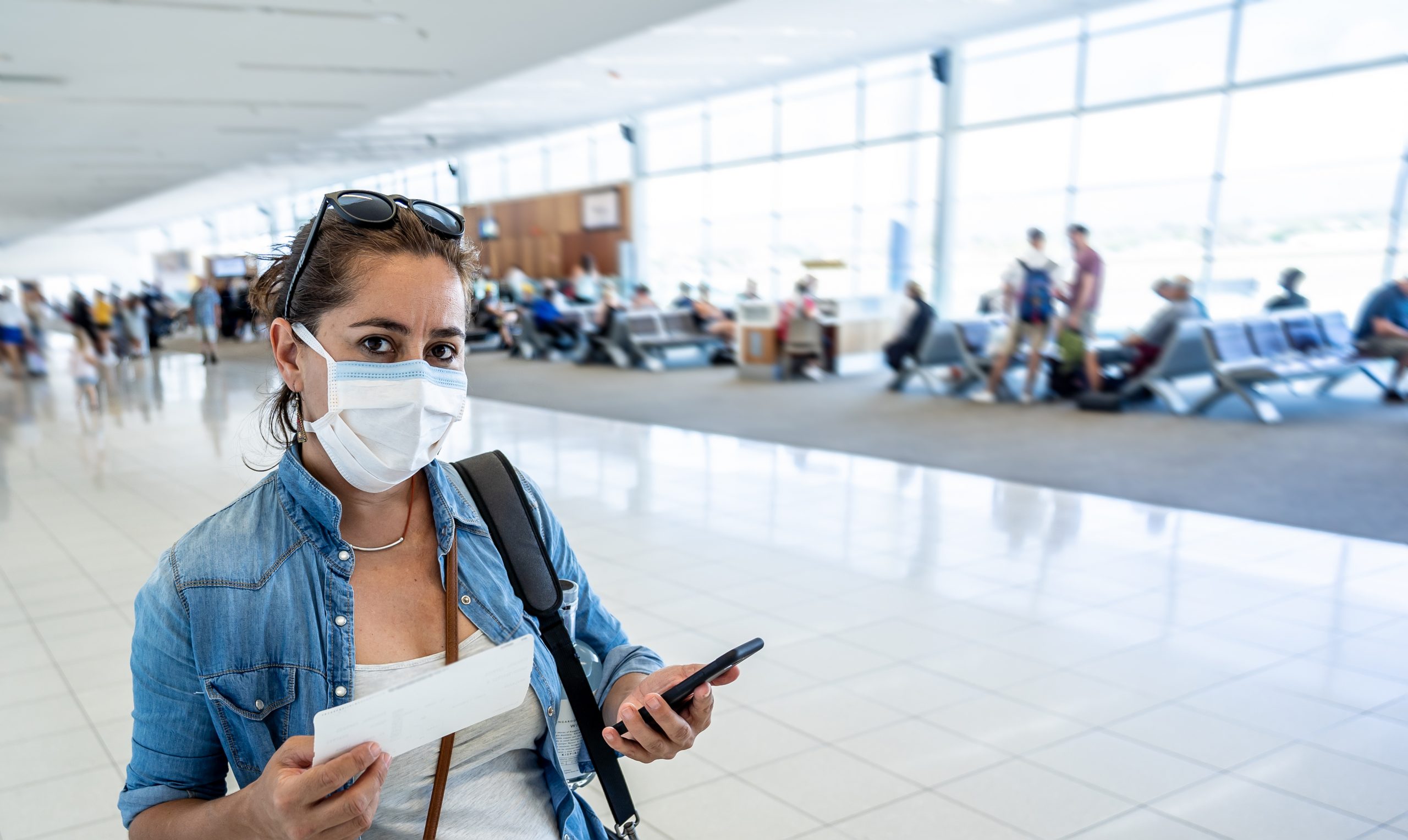
Americans are somewhat evenly split on whether or not the airlines are doing a good job of keeping their customers safe from the coronavirus. I’m actually rather amazed that 40% say the airlines are doing enough; I would have thought Americans would have been more skeptical. 29% say they are not convinced the airlines are doing enough and 32% aren’t sure.
Finally, when will Americans fly if they travel this year? A combined 29% said July or August, while 20% said September and 7% said they were unsure. More than two-thirds (67%) of those definitely flying by the end of this year say they will fly domestically, 16% will travel internationally and 17% will travel both domestically and internationally since they have multiple trips planned for 2020.
As for me, I’m a Boomer who feels comfortable flying again and I have plans to fly to Panama in October or November, followed by flying to Amsterdam for a river cruise in December (fingers crossed that these trips don’t get canceled). As I have repeatedly said, it all depends on your personal health profile and risk tolerance.
If you’re one of those planning on flying this year, you need to be aware of some new TSA rules. TravelAge West reports that there are updated regulations for the Transportation Security Administration (TSA) screening process. Included in these changes:
- Travelers must now scan their own boarding passes and then show the pass to the TSA officer so it can be visually inspected rather than handing it to the officer
- You will be allowed (actually encouraged) to wear a mask during the screening process but may be required to drop your mask briefly to positively verify your identity
- While liquids are still limited to 3.4-ounce containers, an exception is being made for a single 12-ounce bottle of hand sanitizer in carry-on bags
- To minimize contact with your items, travelers are encouraged to put belts, wallets, keys, phones and other items that might normally be on your person in your carry-on rather than being placed in bins
- Social distancing will be enforced and TSA officers will use face protection
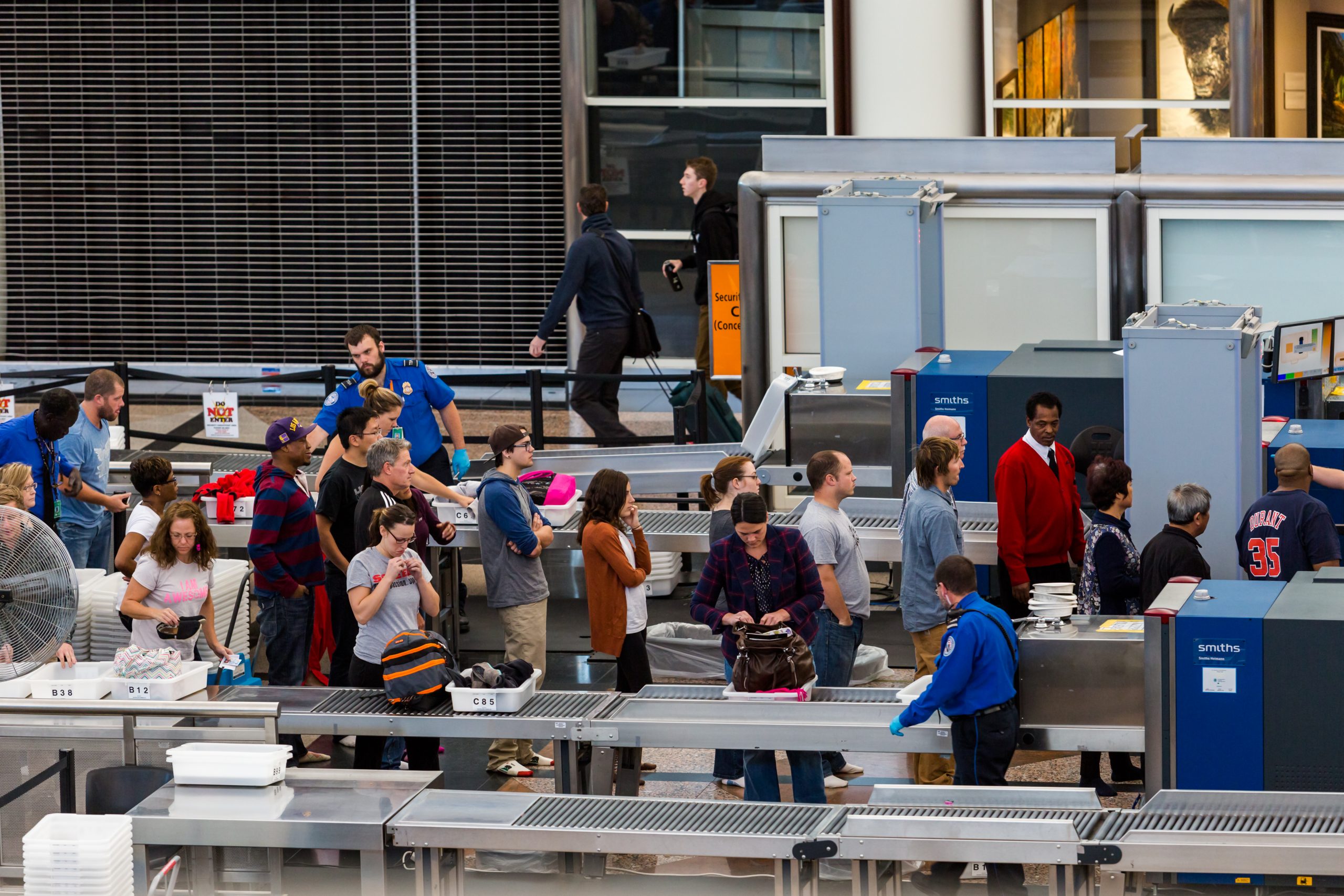
In the near term, other than these few changes, the overall TSA experience should be pretty much the same as what you have undergone in the past. Airports have beefed up their cleaning and disinfection routines and you may see hand sanitizer stations and plastic shielding, much like most stores you visit these days.
“You will be asked to remove your food from your carry-on bag and put it in a bin,” said Lisa Farbstein, a spokesperson for TSA. “With that said, to reduce touchpoints, we recommend placing food into a clear bag at home. Then, at the checkpoint, put the clear bag into the bin. Otherwise, your food will touch the bin. You don’t have to put your food in a clear bag, but it’s the smart way to do it.”
The big question that remains is regarding health checks before allowing travelers through security and onto their plane. Farbstein said that no decision has been made on temperature checks at this point.
Most airlines have started to implement health screenings during the check-in process (a simple Q&A regarding your recent health and common COVID-19 symptoms) and most airlines require travelers to wear face masks from boarding through deplaning.

As an avid traveler, Brian has explored and enjoyed cultural encounters in over 40 countries while spending many years refining The Points Game — using credit card sign-up bonuses and other tricks to get nearly free travel. Getting the most out of every trip is an art and Brian launched My Travel Traxx to help others enjoy the art of travel.

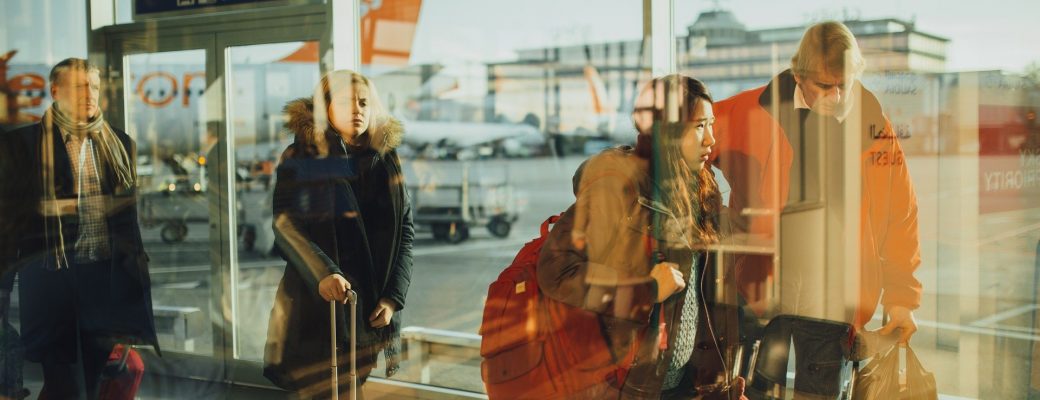
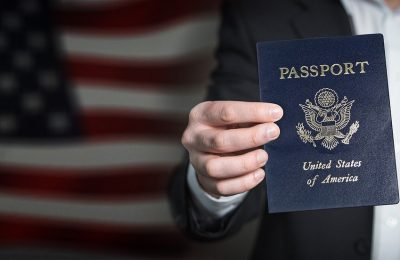
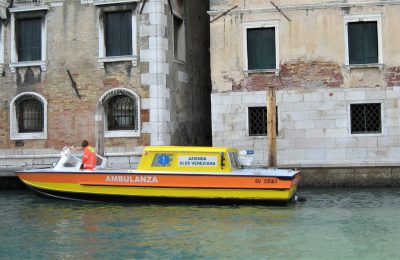

Comments (0)